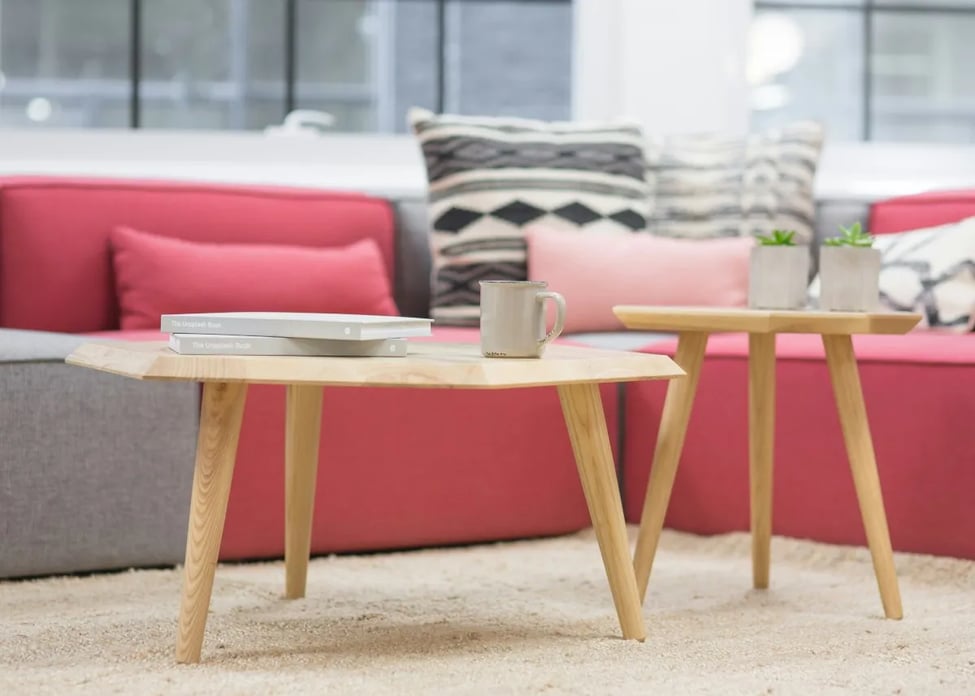In Canada, where homeownership is a significant aspiration for many, the concept of halal mortgages is gaining traction. These financial products, which adhere to Islamic principles, are becoming increasingly accessible, thanks to a focus by the federal government on expanding alternative financing options. But what exactly is a halal mortgage, and how does it differ from conventional mortgages?
At its core, a halal mortgage aligns with Sharia law, which prohibits the giving or receiving of interest. Instead of traditional interest-based payments, halal mortgages operate on a profit-sharing model. This means that the homeowner and the lender enter into an agreement where the lender provides funding for the purchase of the property, and the homeowner makes regular payments that include both the principal amount and a profit margin for the lender. Through this arrangement, homeowners can achieve their goal of homeownership while adhering to their religious beliefs.
Halal mortgages in Canada come in various forms, including Ijara, Murabaha, and Musharaka agreements. Each type offers unique features and benefits, catering to the diverse needs of homebuyers. For example, under the Ijara agreement, the homeowner starts as a renter and gradually becomes the owner of the property. In contrast, the Murabaha agreement follows a cost-plus financing structure, where the property is initially owned by a financial institution and then sold to the homeowner at a predetermined price. Finally, the Musharaka arrangement involves co-ownership of the property between the homeowner and the financial institution, with ownership transferring entirely to the homeowner over time.
From a financial perspective, halal mortgages offer several advantages, including long-term fixed mortgage rates and ethical financing practices. However, it's essential to consider the associated costs, as halal mortgages may incur higher fees compared to conventional mortgages. Despite this, halal mortgages provide an inclusive option for individuals of all backgrounds, regardless of religious affiliation. Anyone can apply for a halal mortgage, provided they meet the eligibility criteria set by the financial institution, including a minimum down payment and a stable income.
As the federal government explores measures to promote alternative financing products like halal mortgages, the landscape of homeownership in Canada is evolving. By embracing diversity and offering inclusive financial solutions, Canada aims to support the housing aspirations of all its citizens. Whether you're seeking a halal mortgage or exploring traditional financing options, the key is to find a solution that aligns with your values and financial goals. With the growing availability of halal mortgages, more Canadians can now embark on the journey to homeownership with confidence and peace of mind.

